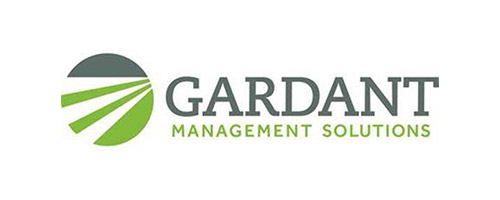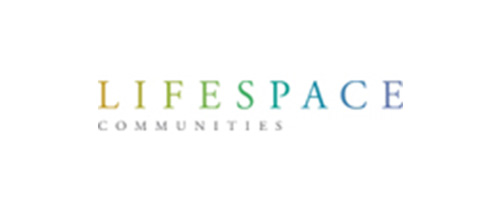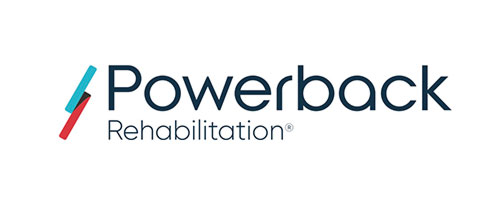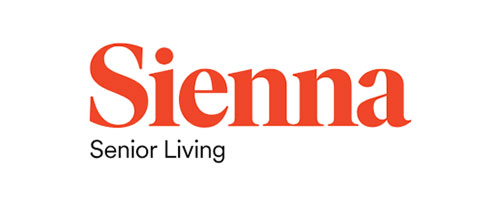[AN APP FOR THAT] Smartphone tech boosts prospective memory in MCI, dementia
Decline in prospective memory — the ability to perform daily intentions — is a key driver of everyday functional impairment in dementia. A recent study tested the feasibility and efficacy of smartphone-based strategies for prospective memory in people with memory impairment.
Prospective memory tasks include remembering to attend appointments, take medication, deliver messages and other responsibilities related to maintaining independent daily functioning.
“Previous work on electronic memory aids used PDAs (personal digital assistant), pagers and handheld voice recorders. These benefit memory functioning, but people tend not to want to use them over the long term because they serve a single function and can become stigmatized as a signal of a cognitively impairing condition,” said lead researcher Michael Scullin, PhD, of Baylor University, Waco, Texas. “Conversely, smartphones have many built-in reinforcers from social connectedness to access to directions to email. Therefore, smartphones are more likely to be adopted over long periods of time without leading to stigma.”
Fifty-two adults (mean age, 75), who had received diagnoses of dementia or mild cognitive impairment, were enrolled in the four-week randomized controlled trial. Participants were trained to use an automated reminder app or a digital voice recorder app on a mobile phone to off-load prospective memory tasks.
Participants were assigned prospective memory tasks to perform on scheduled days and at specified locations. For example, twice each week, they were asked to remember to call an experimenter phone number on specific days and remember to take photos at specific locations.
The study results showed that participants who used their reminder app more often had greater success with prospective memory tasks. In addition, the researchers administered a structured interview in which the participant and a care partner identified seven to 10 activities from the participant’s daily routine that required frequent use of prospective remembering. After the intervention more than 75% of participants reported improvements on personally relevant prospective memory tasks.
“People sometimes assume that older adults do not like technology. But that can be a self-fulfilling prophecy,” Scullin said. “With some structured training and patience, older adults with cognitive impairments can learn to use smartphone reminder apps, and doing so benefits their prospective memory.”
To read the study abstract, click here
Do you have news to share?
The ICAA welcomes your news submissions. Please send your press releases to colinmilner@icaa.cc-the ICAA's email for submissions-and staff will consider your news for possible publication. Newsworthy topics include such things as center/community openings; initiative or campaign launches; announcements of awards, promotions or grants; and other topics of interest to active-aging professionals.
Share



































